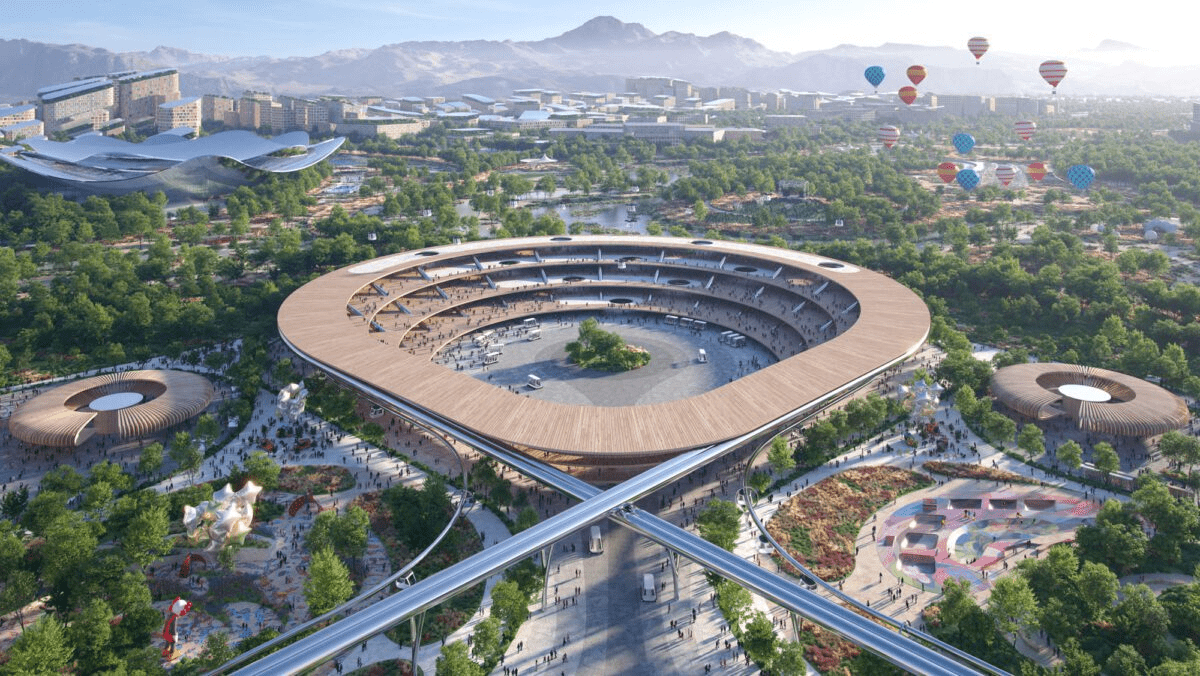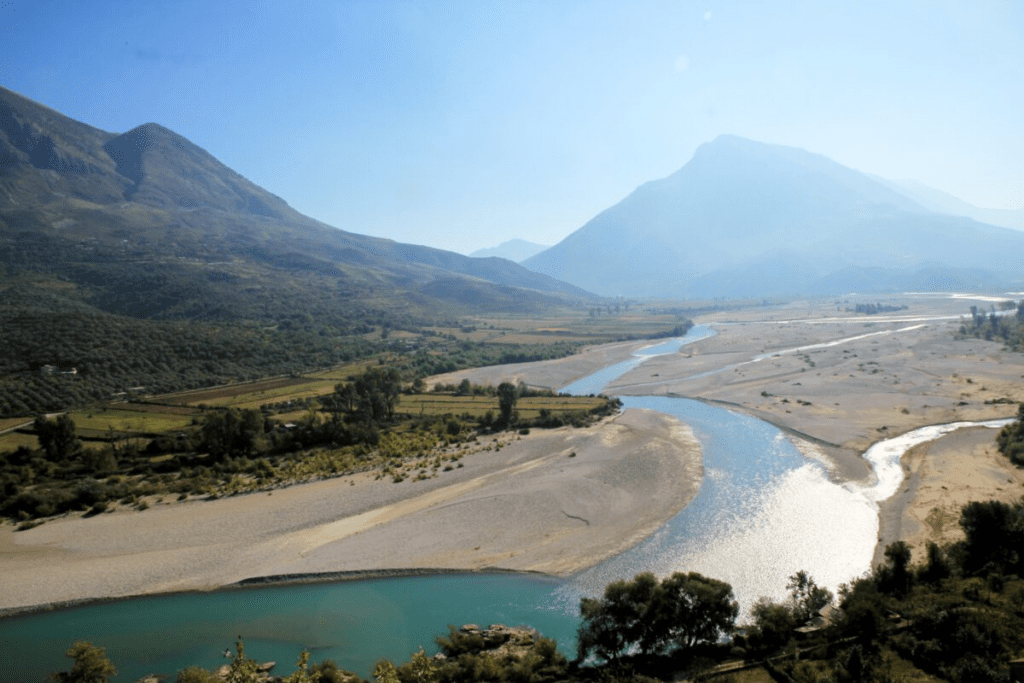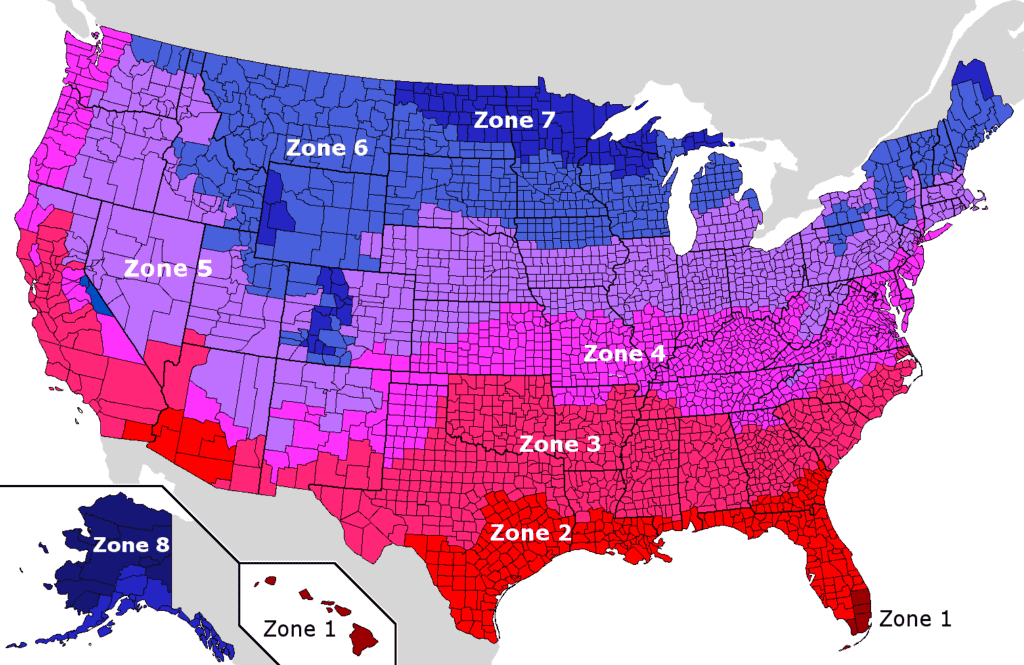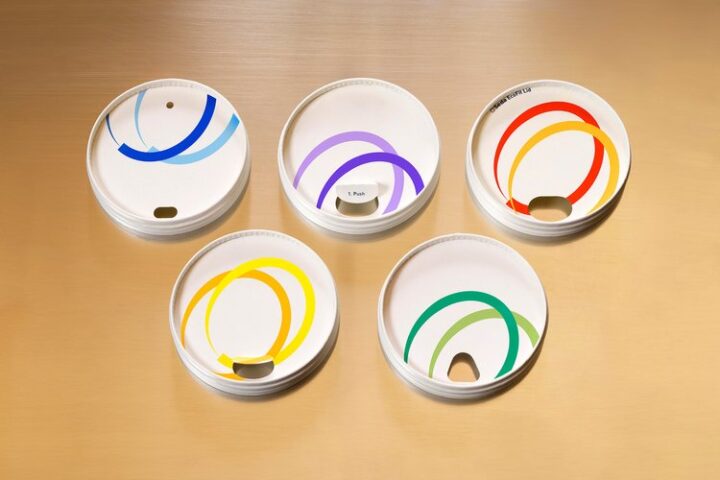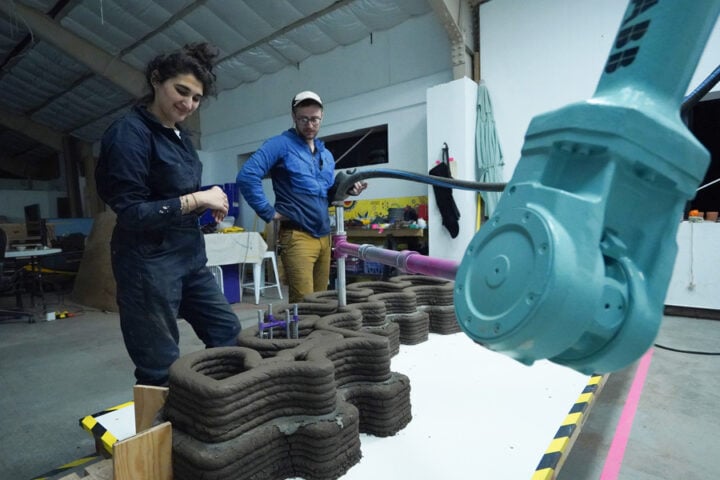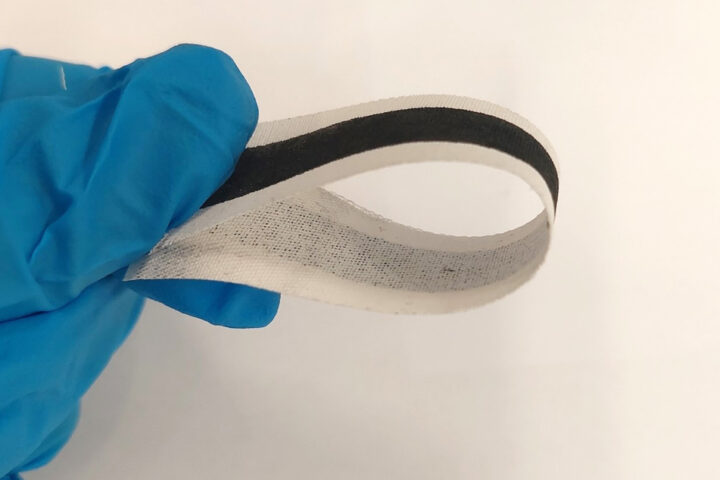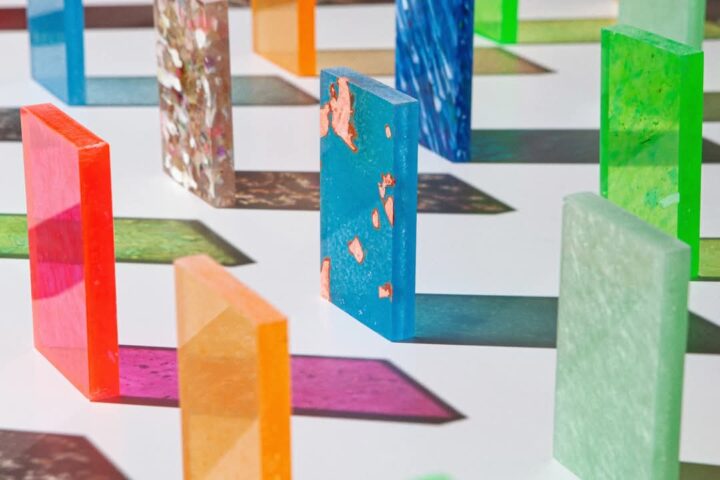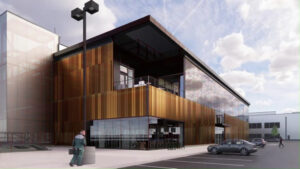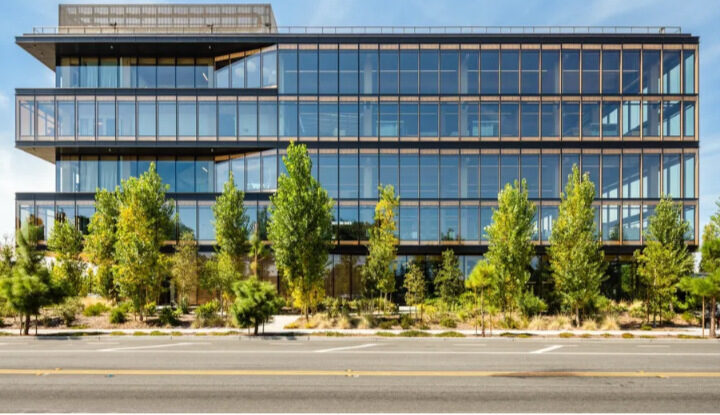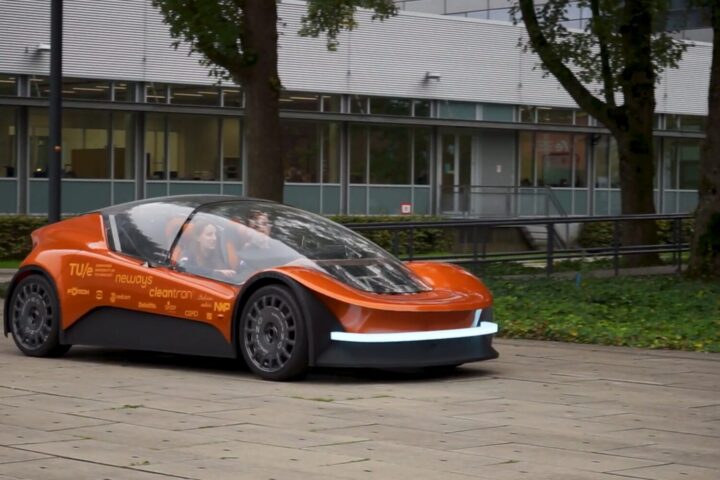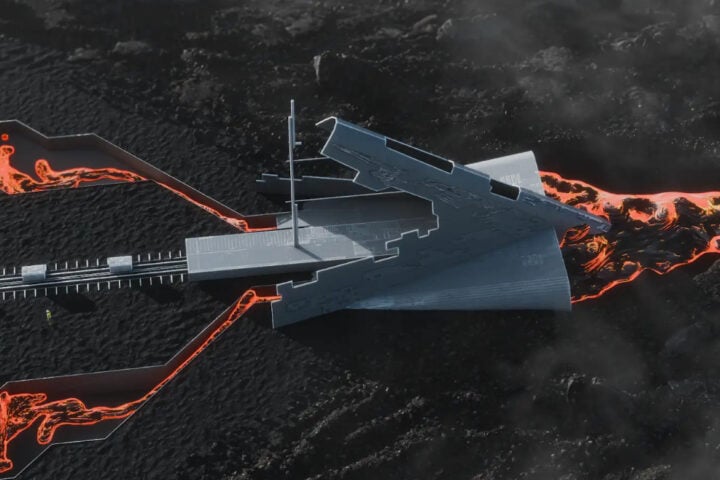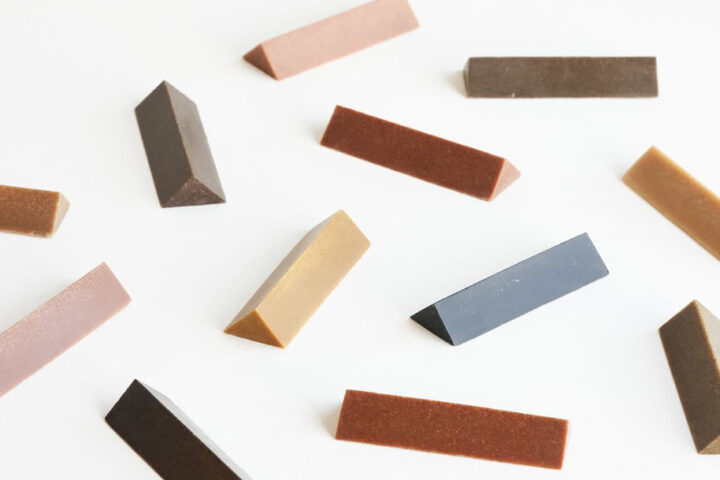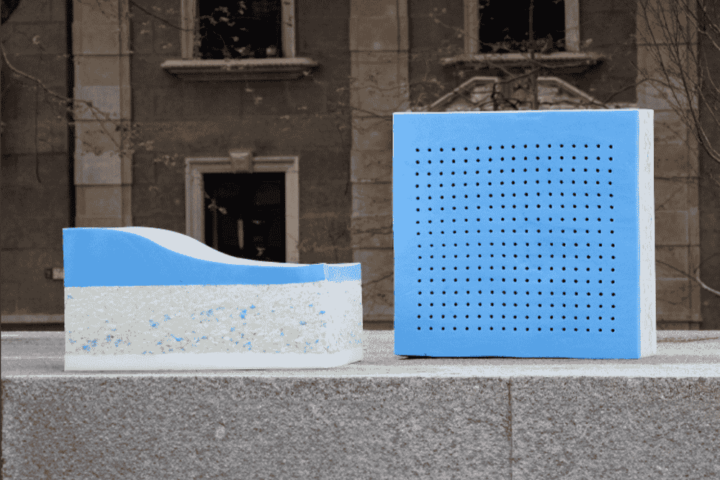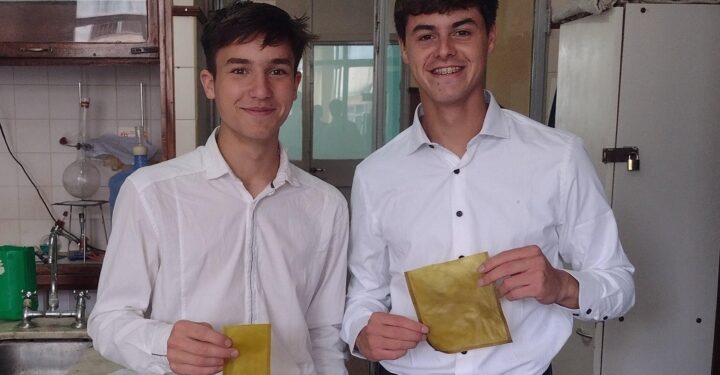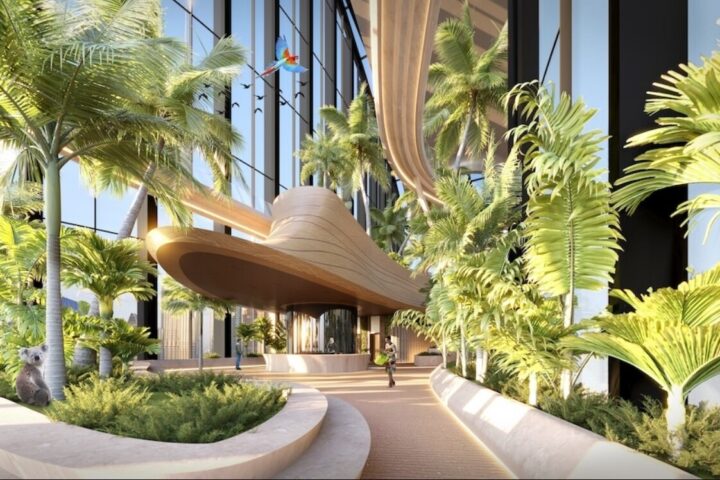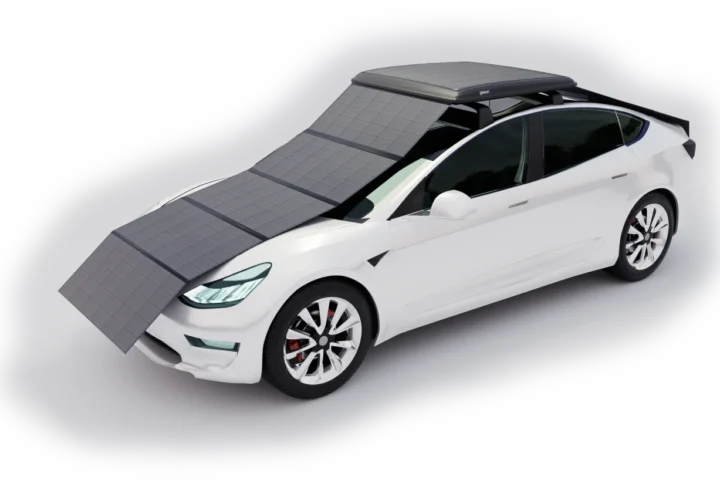A plan to build an utopian city called Telosa for 5 million people in the American desert is fleshed out by billionaire Marc Lore, and he’s not the only one with such an ambition. A dozen projects worldwide aim to create sustainable, hypermodern cities from scratch is the aim of a dozen projects worldwide.Whether these cities will be built may be only a dream, but the proposals themselves hint at what the city of the future might look like. The future city, i.e. Telosa is to be built on 150,000 acres in either Nevada, Utah, or Arizona. 50,000 “diverse” people will call it home by 2030, according to newly released details from Lore, a serial entrepreneur who sold Jet.com to Walmart for $3.3 billion & the parent company of Diapers.com to Amazon for $545 million.
Lore said at a Telosa “town hall meeting” in July, “We’re not just building a new city; this is a new model for society,” adding that he wants his new city to be “sustainable & equitable to all. The city will be governed by a principle he calls “equitism,” which seems to be a mashup of democracy, capitalism, & socialism. The city of Lore will have electric & autonomous vehicles, & streets won’t have curbs that could hinder differently-abled people, or on-street parking.
36 districts of Telosa will each be “15-minute cities”, where everything a resident needs is a short walk away. Every building will be “green,” with rooftop panels producing renewable energy. A “diverse & efficient water system that is resistant to drought”, will be created, with the design calling for fresh water to be “stored, cleaned, & reused on site”. The land will be purchased by a nonprofit foundation called Telosa Community to build the city—”land that is virtually worthless”, as Lore put it.
It is hoped that development will increase the land’s value, & then the foundation will eventually be able to create a market for it, investing the proceeds in an endowment-style vehicle that would fund education, job training,health care, housing, & more. According to Lore, this structure “allows us to offer these incredible social services without having to increase taxes. That is the Holy Grail”.
Preet Bharara, the former US attorney for the Southern District of New York & a childhood friend of Lore’s, is among those working to make Telosa happen, while Bjarke Ingels, the prominent Danish architect, will be designing the city.
Telosa,a name derived from the Ancient Greek word meaning “highest purpose”, is one of a growing number of dewlap-eyed ambitions to build centrally planned & sustainable communities on a blank landscape—despite obvious impediments, like a lack of fresh water.
A megacity named The Line, part of a larger development called Neom, is being constructed in Saudi Arabia by Crown Prince Mohammed bin Salman According to newly released designs, the Line’s plan calls for a city 105 miles long but only 220 yards wide,enclosed by mirrored walls, & powered entirely by renewable energy. The project claims that water will be plentiful,through desalination, wastewater & seawater processing, & smart metering. NPR reports that Saudi Arabia’s projections call for 1.5 million people to live in “The Line” by 2030, with eventual plans for 9 million residents.It is reported by Businessweek that the broader Neom project has been plagued by indecision at the top & other problems.
The Maldives will have a floating city with a large cluster of hexagonal structures that rise & fall with the sea, with a room for up to 20,000 people,set to be completed in 2027. Japan’s Mount Fuji will have a Toyota Woven City in its foothills. The proposal calls for a 2,000-person city where Toyota “will test autonomous vehicles, smart technology, & robot-assisted living,” as per CNN.
“A master planned eco-complex designed to show off the U.A.E. ‘s commitment to sustainability” is a master city, according to Bloomberg. CNN reports,Net City in Shenzhen, China,is another company town being built by tech. giant Tencent. It’ll be a Monaco-size metropolis for 80,000 workers.
Bill Gates, who wants to build a “smart city” called Belmont in the Arizona desert, & Elon Musk are other billionaires with city-building aspirations. Musk has discussed creating a city called Starbase in southernmost Texas, on Earth as a hub for space exploration, – & of course, he aims to build a “self-sustaining city on Mars, ” one day.
It looks like daydreaming when we see the claims of some of the utopian planners, like Telosa’s assertion that it’ll eventually be a net exporter of water & energy. The promise of smart cities—where intelligent sensors,cameras, & big data combine to improve everything from traffic flow to city services—has been a consistent disappointment , in the real world.
The road to Utopia is littered with shattered dreams. Professor Sylvia Albert of the University of Winnipeg writes in The Conversation: “We still haven’t figured out how to make utopian environments work for people”. She reviews the flaws in experiments with Brasilia,Levittown,Celebration,Songdo,Eko Atlantic, & Sidewalk Toronto.
